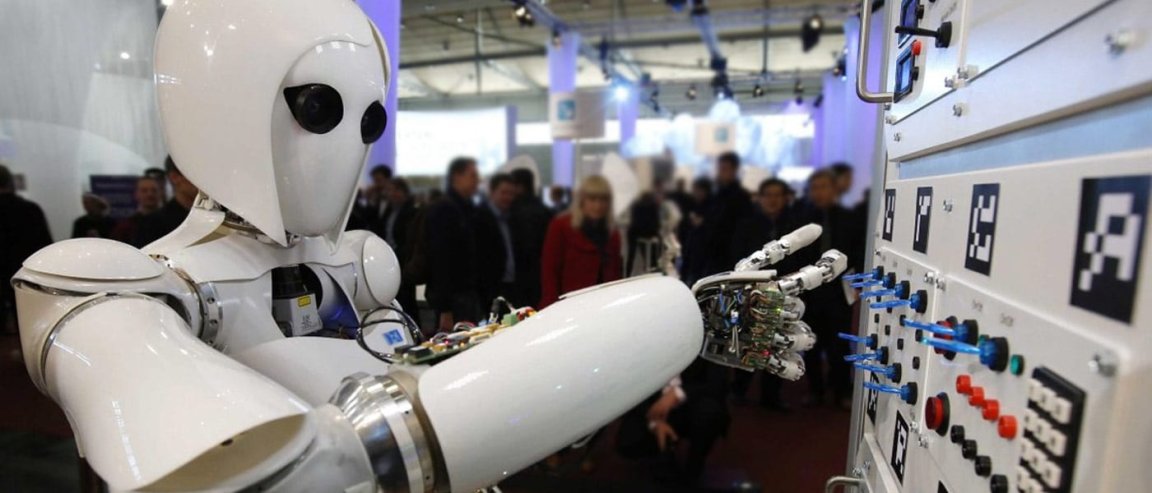
A New Industrial Revolution
The world is already on the cusp of a new industrial revolution—one that will be brought about by automation based on artificial intelligence (AI).
According to a joint study conducted by Oxford University and the Oxford Martin School, “[…] 47 percent of jobs in the US are “at risk” of being automated in the next 20 years.”
In a recent interview, President Barack Obama also talked about how AI will fundamentally change the future of employment; with downsides in terms of eliminating jobs and suppressing wages.
The world sees automation as the key to achieving more efficiency, across different aspects of our lives. But that efficiency comes at a price—the displacement of countless employees who will soon be replaced by artificially intelligent (AI) technology.
What happens then?
The answer could be universal basic income (UBI)—a policy where all citizens of a country will receive an unconditional amount of money, on top of income they generate through other means. The funds could be provided by the government, or a public institution.
And in 2017, Finland and the Netherlands will begin testing the system.

By January of next year, the program is tentatively set to launch in Utrecht, the fourth largest city in the Netherlands. The system will provide varying benefits to current welfare recipients, following five different models to determine what works best.
In Finland, a randomly selected group of two thousand citizens, who are already receiving unemployment benefits, will receive €560 (around $600) as a monthly basic income. The program will run for two years and study whether this system can help raise the employment rate, lower poverty, as well as reduce bureaucracy and social exclusion.
The Potential of UBI
Considering that UBI is intended to provide an incentive that will spur productivity, and improve quality of life, a key point of consideration is the level of income that should be distributed. Should it be a minimum benefit similar to welfare state schemes? Or a higher amount that would be more appealing? To that end, with everyone receiving enough money to cover basic food, shelter, as well as goods and services, would people lose their motivation to work? Is UBI enough of a response to the pace of technological innovation and automation?
Of course, there’s that all-important question of who’s footing the bill. Since government revenue is derived from its taxing authority, the whole scheme is a little like robbing Peter to pay Paul; after all, if the population is unemployed, where will the government muster the funds to support a universal basic income? The whole system would inevitably collapse.
Still, the implementation of UBI at this scale is still in its early days, but the results from pilot programs thus far have been promising.
In India, where roughly 30 percent of the population lives below the poverty line, pilot studies of basic income grants conducted in 2011 led to more labor and work, not less, which skeptics typically predict. Results showed a shift from traditional wage labor, to self-employed farming and business initiatives. Additionally, the steady flow of income eased economic anxieties, allowing families to focus on their health and invest in the future.
In a separate study conducted in a small town in Canada, there were “fewer physician contacts related to mental health and fewer hospital admissions for ‘accident and injury.'”
UBI in the age of automation can ultimately prove to be an empowering economic move. And the results of Finland’s two-year experiment could provide more answers.